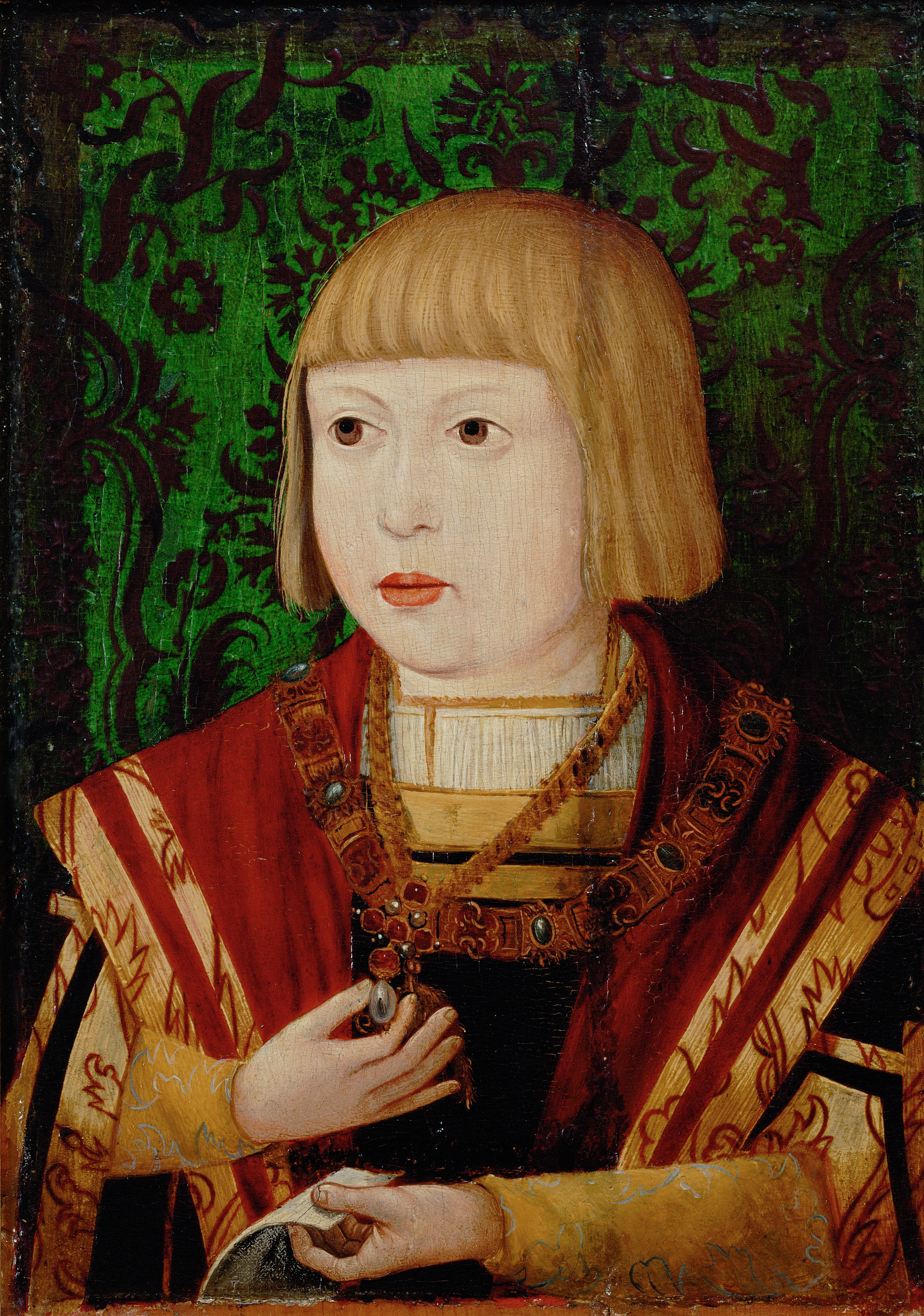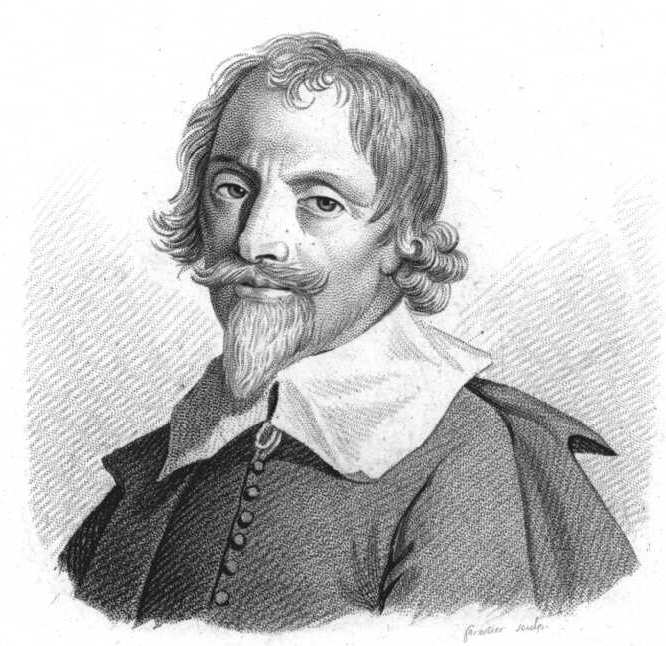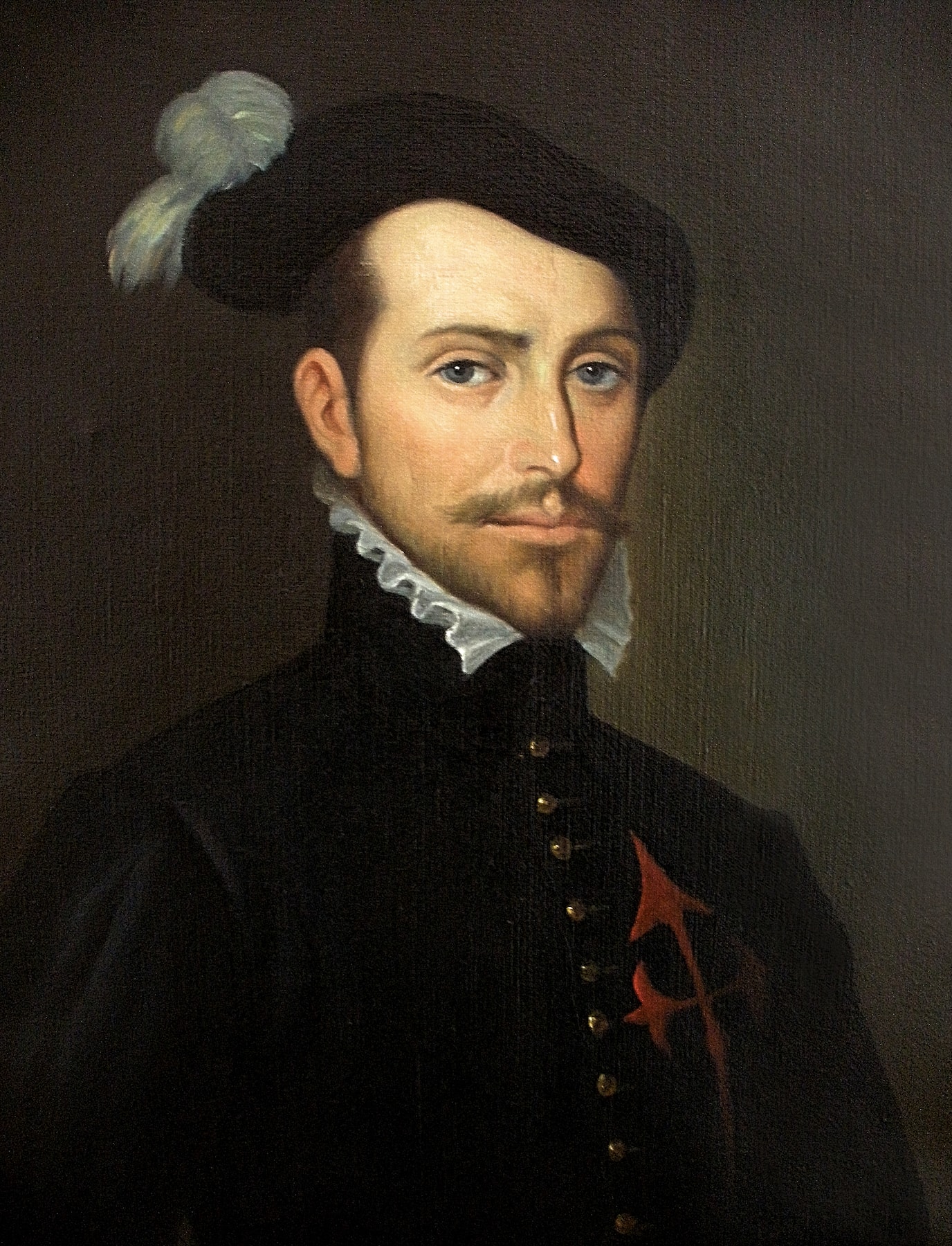|
Hieronymus Rorarius
Hieronymus Rorarius (Girolamo Rorario), (Pordenone 1485-Pordenone 1556) was at first an envoy on behalf of Charles V of Habsburg, and then a Papal nuncio to the court of Ferdinand of Hungary. In a 1544 pamphlet, Rorarius maintained that beasts make better use of reason than men do. After Gabriel Naudé republished the book in 1648, it was reprinted several times, and discussed at length by Pierre Bayle's entry ''Rorarius'' in his '' Historical and Critical Dictionary'', where it introduced a critical discussion of the nature of the soul and of Descartes's and Leibniz Gottfried Wilhelm (von) Leibniz . ( – 14 November 1716) was a German polymath active as a mathematician, philosopher, scientist and diplomat. He is one of the most prominent figures in both the history of philosophy and the history of mathema ...'s philosophies. Works * H. Rorarius ''Quod animalia bruta ratione utantur melius homine'', 1544.''Dizionario Biografico degli Italiani (Bibliographical Dictionary of ... [...More Info...] [...Related Items...] OR: [Wikipedia] [Google] [Baidu] |
Pordenone
Pordenone (; Venetian and fur, Pordenon) is the main ''comune'' of Pordenone province of northeast Italy in the Friuli Venezia Giulia region. The name comes from Latin ''Portus Naonis'', meaning 'port on the Noncello (Latin ''Naon'') River'. History Pordenone was created at the beginning of the High Middle Ages as a river port on the Noncello, with the name ''Portus Naonis.'' In the area, however, there were already villas and agricultural settlements from the Roman age, especially in the area of the town of Torre. Between 1257 and 1270 Pordenone was conquered by Ottokar II of Bohemia, who was eventually defeated in 1277, when the city was brought back to the Empire, under Rodolph I of Habsburg. In 1278, after having been administrated by several feudatories, the city was handed over to the Habsburg family, forming an Austrian enclave within the territory of the Patriarchal State of Friuli. In the 14th century, Pordenone grew substantially due to the flourishing river t ... [...More Info...] [...Related Items...] OR: [Wikipedia] [Google] [Baidu] |
Charles V Of Habsburg
Charles V, french: Charles Quint, it, Carlo V, nl, Karel V, ca, Carles V, la, Carolus V (24 February 1500 – 21 September 1558) was Holy Roman Emperor and Archduke of Austria from 1519 to 1556, King of Spain ( Castile and Aragon) from 1516 to 1556, and Lord of the Netherlands as titular Duke of Burgundy from 1506 to 1555. He was heir to and then head of the rising House of Habsburg during the first half of the 16th century, his dominions in Europe included the Holy Roman Empire, extending from Germany to northern Italy with direct rule over the Austrian hereditary lands and the Burgundian Low Countries, and Spain with its southern Italian possessions of Naples, Sicily, and Sardinia. He oversaw both the continuation of the long-lasting Spanish colonization of the Americas and the short-lived German colonization of the Americas. The personal union of the European and American territories of Charles V was the first collection of realms labelled "the empire on which the ... [...More Info...] [...Related Items...] OR: [Wikipedia] [Google] [Baidu] |
Papal Nuncio
An apostolic nuncio ( la, nuntius apostolicus; also known as a papal nuncio or simply as a nuncio) is an ecclesiastical diplomat, serving as an envoy or a permanent diplomatic representative of the Holy See to a state or to an international organization. A nuncio is appointed by and represents the Holy See, and is the head of the diplomatic mission, called an Apostolic Nunciature, which is the equivalent of an embassy. The Holy See is legally distinct from the Vatican City or the Catholic Church. In modern times, a nuncio is usually an archbishop. An apostolic nuncio is generally equivalent in rank to that of ambassador extraordinary and plenipotentiary, although in Catholic countries the nuncio often ranks above ambassadors in diplomatic protocol. A nuncio performs the same functions as an ambassador and has the same diplomatic privileges. Under the 1961 Vienna Convention on Diplomatic Relations, to which the Holy See is a party, a nuncio is an ambassador like those from any o ... [...More Info...] [...Related Items...] OR: [Wikipedia] [Google] [Baidu] |
Ferdinand I, Holy Roman Emperor
Ferdinand I ( es, Fernando I; 10 March 1503 – 25 July 1564) was Holy Roman Emperor from 1556, King of Bohemia, King of Hungary, Hungary, and List of rulers of Croatia, Croatia from 1526, and Archduke of Austria from 1521 until his death in 1564.Milan Kruhek: Cetin, grad izbornog sabora Kraljevine Hrvatske 1527, Karlovačka Županija, 1997, Karslovac Before his accession as Emperor, he ruled the Erblande, Austrian hereditary lands of the Habsburgs in the name of his elder brother, Charles V, Holy Roman Emperor. Also, he often served as Charles' representative in the Holy Roman Empire and developed encouraging relationships with German princes. In addition, Ferdinand also developed valuable relationships with the German banking house of Jakob Fugger and the Catalan bank, Banca Palenzuela Levi Kahana. The key events during his reign were the conflict with the Ottoman Empire, which in the 1520s began a great advance into Central Europe, and the Protestant Reformation, which resul ... [...More Info...] [...Related Items...] OR: [Wikipedia] [Google] [Baidu] |
Gabriel Naudé
Gabriel Naudé (2 February 1600 – 10 July 1653) was a French librarian and scholar. He was a prolific writer who produced works on many subjects including politics, religion, history and the supernatural. An influential work on library science was the 1627 book ''Advice on Establishing a Library''. Naudé was later able to put into practice all the ideas he put forth in ''Advice'', when he was given the opportunity to build and maintain the Bibliothèque Mazarine, the library of Cardinal Jules Mazarin. Naudé is a precursor of Pierre Bayle and Fontenelle. Biography Naudé was born in Paris in early 1600 to a family of modest means. His father was a lowly official and his mother was a young illiterate woman. He was described by his teachers as tenacious and passionate about his education. Naudé entered college at a young age where he studied philosophy and grammar. Later he studied medicine at Paris and Padua (where he attended Cesare Cremonini's lessons), and became physici ... [...More Info...] [...Related Items...] OR: [Wikipedia] [Google] [Baidu] |
Pierre Bayle
Pierre Bayle (; 18 November 1647 – 28 December 1706) was a French philosopher, author, and lexicographer. A Huguenot, Bayle fled to the Dutch Republic in 1681 because of religious persecution in France. He is best known for his '' Historical and Critical Dictionary'', whose publication began in 1697. Bayle was a notable advocate of religious toleration, and his skeptical philosophy had a significant influence on the subsequent growth and development of the European Age of Enlightenment. Bayle is commonly regarded as a forerunner of the ''Encyclopédistes'' of the mid-18th century. Biography Bayle was born at Carla-le-Comte (later renamed Carla-Bayle in his honour), near Pamiers, Ariège, France. He was educated by his father, a Calvinist minister, and at an academy at Puylaurens. In 1669, he entered a Jesuit college at Toulouse and became a Roman Catholic a month later. After seventeen months, he returned to Calvinism and fled to Geneva, where he learned about the teachin ... [...More Info...] [...Related Items...] OR: [Wikipedia] [Google] [Baidu] |
Leibniz
Gottfried Wilhelm (von) Leibniz . ( – 14 November 1716) was a German polymath active as a mathematician, philosopher, scientist and diplomat. He is one of the most prominent figures in both the history of philosophy and the history of mathematics. He wrote works on philosophy, theology, ethics, politics, law, history and philology. Leibniz also made major contributions to physics and technology, and anticipated notions that surfaced much later in probability theory, biology, medicine, geology, psychology, linguistics and computer science. In addition, he contributed to the field of library science: while serving as overseer of the Wolfenbüttel library in Germany, he devised a cataloging system that would have served as a guide for many of Europe's largest libraries. Leibniz's contributions to this vast array of subjects were scattered in various learned journals, in tens of thousands of letters and in unpublished manuscripts. He wrote in several languages, primarily in Latin, ... [...More Info...] [...Related Items...] OR: [Wikipedia] [Google] [Baidu] |
1485 Births
Year 1485 ( MCDLXXXV) was a common year starting on Saturday (link will display the full calendar) of the Julian calendar. Events January–December * Spring – Multiple earthquakes occur near Taishan, China. * March 16 – A solar eclipse crosses northern South America and Central Europe. * June 1 – Matthias of Hungary takes Vienna, in his conquest of Austria (from Frederick III), and makes the city his capital. * August 5–August 7 – The first outbreak of sweating sickness in England begins. * August 22 – Battle of Bosworth: King Richard III of England is defeated by (rival claimant to the throne of England) Henry Tudor, Earl of Richmond; Richard dies in battle, and Henry Tudor becomes King Henry VII of England (although Henry marks this battle as August 21, so that he can declare all his opponents traitors). * September 12 – Muscovian forces conquer Tver. * September 15 – Peter Arbues is assaulted while praying in the ca ... [...More Info...] [...Related Items...] OR: [Wikipedia] [Google] [Baidu] |
1556 Deaths
__NOTOC__ Year 1556 ( MDLVI) was a leap year starting on Wednesday (link will display the full calendar) of the Julian calendar. Events January–June * January 16 – Charles V, having already abdicated as Holy Roman Emperor, resigns the Kingdom of Spain in favour of his son, Philip II, and retires to a monastery. * January 23 – The Shaanxi earthquake, the deadliest earthquake in history, occurs with its epicenter in Shaanxi province, China; 830,000 people may have been killed. * February 5 – Truce of Vaucelles: Fighting temporarily ends between France and Spain. * February 14 ** Akbar the Great ascends the throne of the Mughal Empire at age 13; he will rule until his death in 1605, by which time most of the north and centre of the Indian subcontinent will be under his control. ** Archbishop of Canterbury Thomas Cranmer is declared a heretic. * February 22 ''(approx.)'' – Sophia Jagiellon marries Henry V, Duke of Brunswick-Lüneburg. * March ... [...More Info...] [...Related Items...] OR: [Wikipedia] [Google] [Baidu] |
Apostolic Nuncios To Hungary
Apostolic may refer to: The Apostles An Apostle meaning one sent on a mission: *The Twelve Apostles of Jesus, or something related to them, such as the Church of the Holy Apostles *Apostolic succession, the doctrine connecting the Christian Church to the original Twelve Apostles *The Apostolic Fathers, the earliest generation of post-Biblical Christian writers *The Apostolic Age, the period of Christian history when Jesus' apostles were living *The ''Apostolic Constitutions'', part of the Ante-Nicene Fathers collection Specific to the Roman Catholic Church *Apostolic Administrator, appointed by the Pope to an apostolic administration or a diocese without a bishop *Apostolic Camera, or "Apostolic Chamber", former department of finance for Papal administration * Apostolic constitution, a public decree issued by the Pope *Apostolic Palace, the residence of the Pope in Vatican City *Apostolic prefect, the head of a mission of the Roman Catholic Church *The Apostolic See, sometimes use ... [...More Info...] [...Related Items...] OR: [Wikipedia] [Google] [Baidu] |




